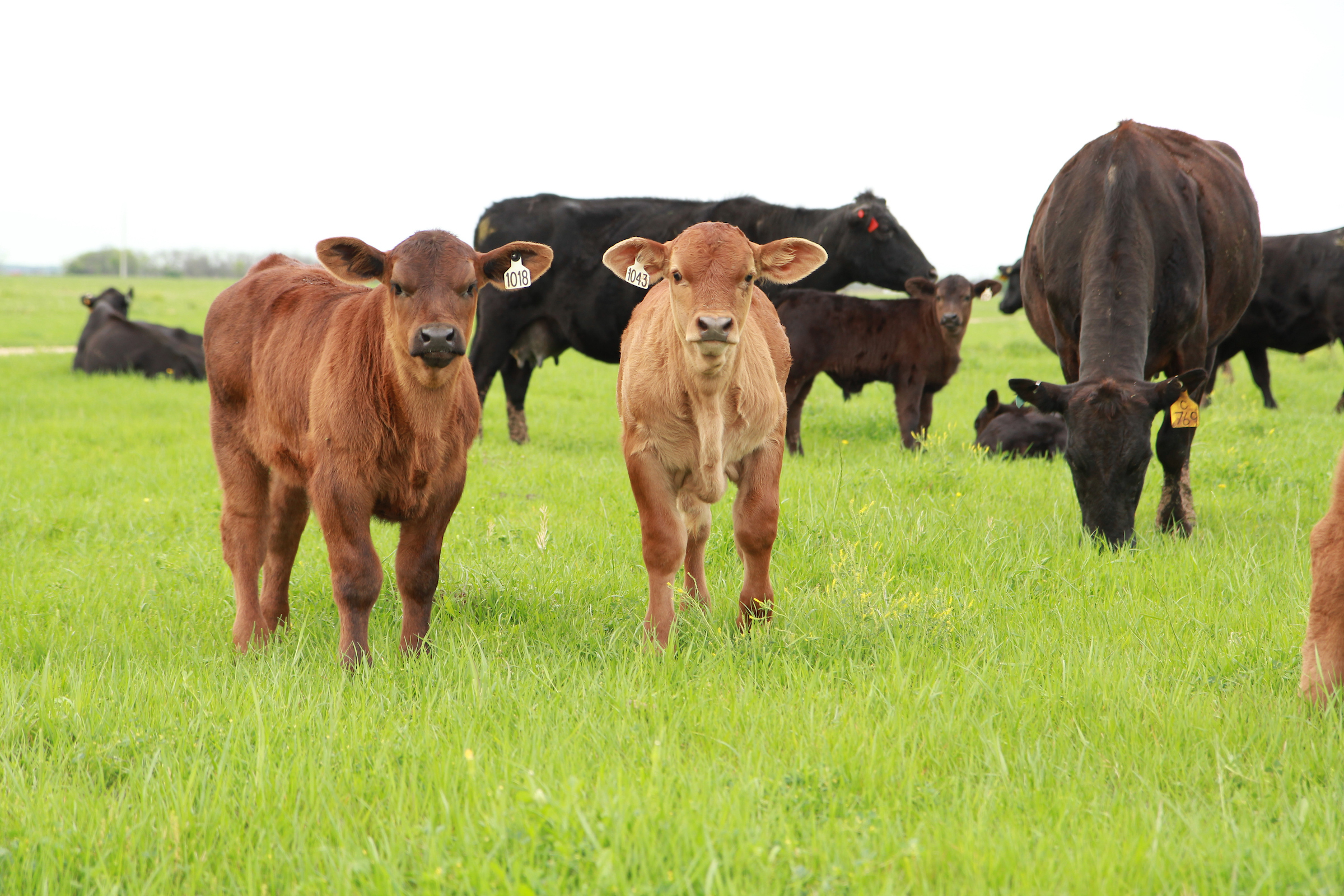Ph.D. in Animal Breeding and Genetics: Introduction, Admission, Registration, Eligibility, Duration, Fees, Syllabus 2024

Introduction:
The science of animal breeding and genetics holds immense potential for enhancing livestock productivity, improving disease resistance, and ensuring food security. Pursuing a Ph.D. in Animal Breeding and Genetics offers individuals the opportunity to delve deep into the genetic makeup of animals, explore breeding strategies, and contribute to advancements in agricultural science. In this comprehensive guide, we will explore the various aspects of obtaining a Ph.D. in Animal Breeding and Genetics, including the admission process, eligibility criteria, completion time, career opportunities, syllabus overview, internship prospects, scholarships, and frequently asked questions.
Admission Process:
- Submit an online application through the university's admissions portal.
- Provide transcripts of undergraduate and any relevant graduate coursework.
- Letters of recommendation from professors or professionals familiar with the applicant's academic and research abilities.
- Statement of purpose outlining the applicant's research interests, academic background, and motivation for pursuing a Ph.D. in Animal Breeding and Genetics.
- GRE scores may be required by some institutions.
- Interview with faculty members or admission committee.
Eligibility:
- A master's degree in animal science, genetics, biology, or a related field.
- Strong academic background with a minimum GPA requirement.
- Proficiency in English, often demonstrated through standardized tests like TOEFL or IELTS for international students.
- Research experience or relevant work experience may be preferred by some programs.
Completion Time:
The typical duration to complete a Ph.D. in Animal Breeding and Genetics ranges from 4 to 6 years, depending on factors such as research progress, dissertation preparation, and program requirements.
Career Opportunities:
- Animal geneticist developing breeding programs for livestock improvement.
- Research scientist conducting genetic studies to enhance animal traits.
- Livestock breeder managing breeding programs for farms or breeding companies.
- University professor or lecturer in animal breeding, genetics, or related fields.
- Consultant advising livestock producers on breeding strategies and genetic selection.
Syllabus:
- Principles of Animal Genetics
- Quantitative Genetics and Genomic Selection
- Breeding Program Design and Implementation
- Molecular Genetics and Marker-Assisted Selection
- Population Genetics and Genetic Diversity
- Advanced Statistical Methods in Genetics
- Reproductive Physiology and Technologies
- Dissertation Research and Writing
Internship Opportunities:
- Internships with breeding companies, farms, or research institutions involved in animal breeding and genetics.
- Collaborative projects with industry partners to gain hands-on experience in breeding program development and genetic analysis.
- Research internships with academic institutions or government agencies conducting genetic research relevant to animal breeding.
- Teaching assistantships within the animal science or genetics department, assisting with laboratory sessions or research projects.
- Opportunities for international internships or exchange programs to explore breeding practices in different regions.
Scholarships and Grants:
- Graduate assistantships providing stipends and tuition waivers.
- Institutional scholarships or fellowships based on academic merit.
- Research grants from government agencies such as the USDA or NIH, or private foundations.
- Industry-sponsored scholarships or fellowships for students pursuing research relevant to livestock breeding and genetics.
- Travel grants to attend conferences, present research findings, or participate in scientific meetings.
FAQs:
What are the key research areas in a Ph.D. program in Animal Breeding and Genetics?
Research areas may include genetic improvement of livestock for traits such as productivity, disease resistance, reproductive efficiency, and environmental adaptability.
Are there opportunities for hands-on experience in breeding and genetic analysis during the Ph.D. program?
Yes, many Ph.D. programs offer opportunities for hands-on experience through internships, research projects, and collaborative initiatives with industry partners.
What skills are essential for success in a Ph.D. program in Animal Breeding and Genetics?
Strong analytical skills, proficiency in genetic analysis techniques, knowledge of statistical methods, effective communication skills, and a passion for animal agriculture are essential for success in this program.
What are the prospects for postdoctoral positions after completing a Ph.D. in Animal Breeding and Genetics?
Graduates can pursue postdoctoral research positions in academia, government agencies, or industry, furthering their research expertise and preparing for independent research careers.
